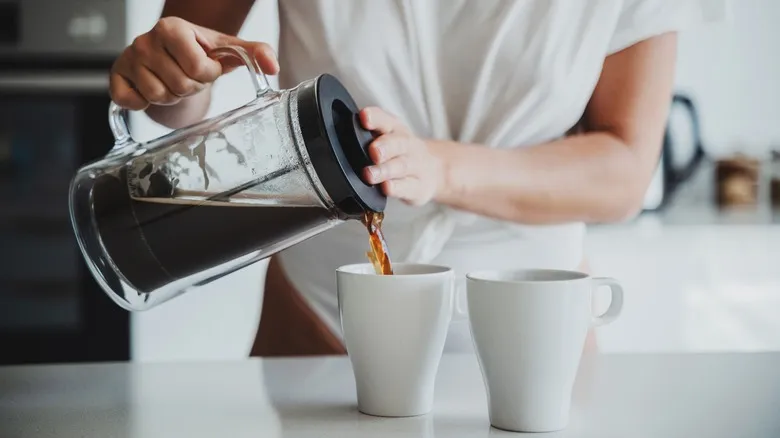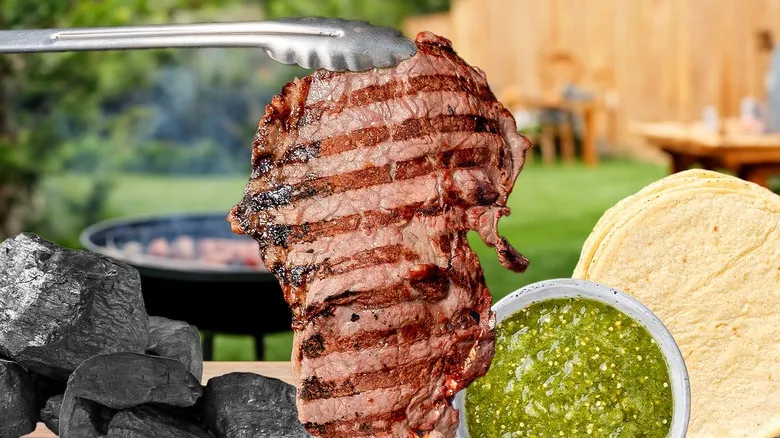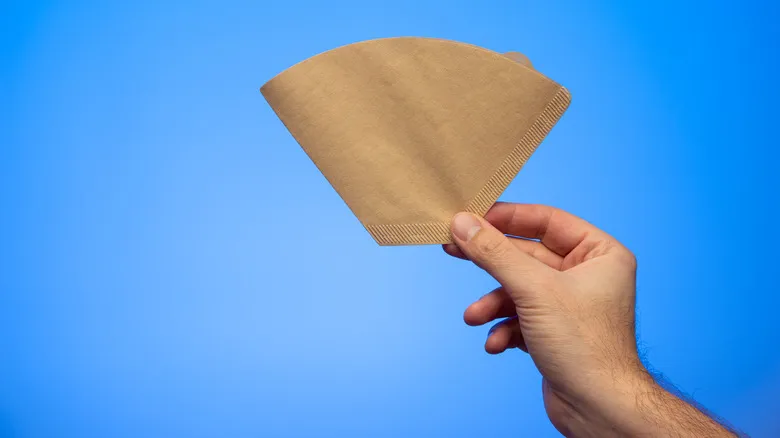How to dial in your coffee-making ritual

If you're using a coffee maker that allows for various cup sizes, such as the Nespresso Vertuo Pop+ or the Keurig K-Elite, you might assume that selecting a larger cup size will yield more caffeine. Unfortunately, this just results in a larger volume of coffee that is more diluted, rather than a higher caffeine content. A better approach would be to brew a second cup using a different pod or K-cup. Conversely, if you're brewing a large batch with a drip coffee maker like the 14-cup Mr. Coffee, it's best to pour yourself the first cup. While your friends might raise an eyebrow, most of the caffeine tends to concentrate at the top of the pot. For a more balanced brew, consider "blooming" your coffee by pouring a small amount of hot water over the grounds before brewing.
When aiming to maximize both caffeine and flavor in your coffee, two key factors to consider are the coffee-to-water ratio and the brewing temperature. The recommended ratio is one to two tablespoons of ground coffee for every six ounces of water, often referred to as the "golden ratio" by the National Coffee Association. Be cautious with water temperature; if it's too hot, it can over-extract caffeine, acids, and oils, leading to an unpleasant taste. Conversely, if the water is too cold, it will under-extract, resulting in a similarly undesirable flavor. The ideal brewing temperature, according to the association, is 199 degrees Fahrenheit. Get these elements right, and you'll enjoy a delicious cup of coffee with the caffeine boost you need to kickstart your day.
Recommended

14 Chef-Approved Tips For Perfect Carne Asada

What Kind Of Coffee Beans Does McDonald's Use In Its McCafé Blends?

Make Your Coffee Filter Fit Your Machine With A Simple Folding Hack

13 Tips You Need To Grill Better Vegetables
Next up

